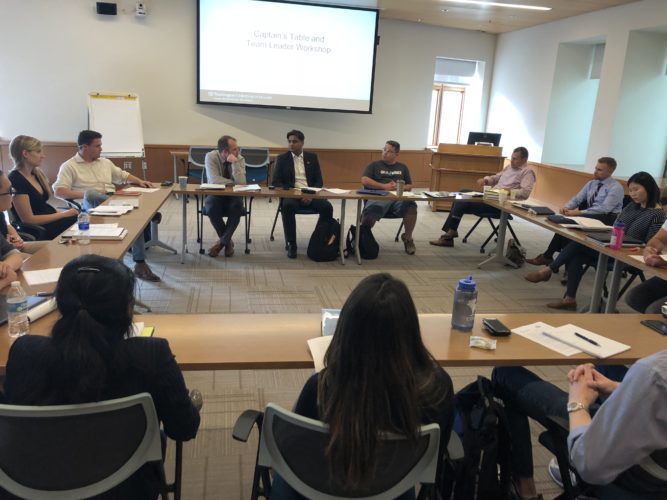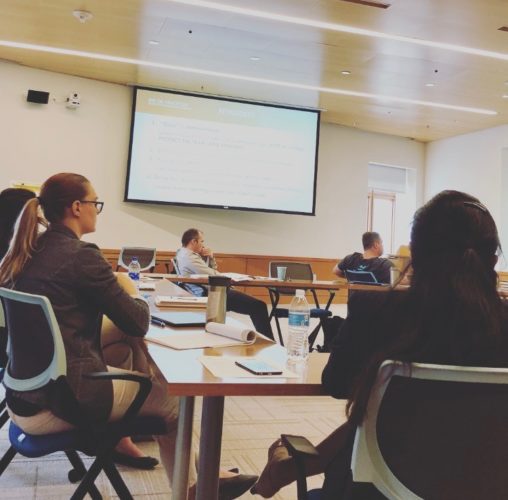Jennifer Labit had many forces working against her—an unfinished high school diploma, the tech crash of 2000 and a new baby on the way—but she had a vision and was determined to see it through.
For this week’s Defining Moments series, an MBA and undergraduate class taught by Stuart Bunderson, Jennifer Labit shared how her company, Cotton Babies, was born.
As she explained, “I started a company by accident.” Labit’s company, Cotton Babies, grew out of all of the things working against her. A self-taught coder found herself as one of the only women in a company full of men. This job didn’t last long, as it was washed away with the 2000 tech crash.
Around the same time, she moved back to St. Louis. As she was just figuring out how to make ends meet with her husband working at minimum wage, Labit got pregnant with her first child.
She asked the class, “How much do you think a box of diapers costs?” The class filled with undergraduate and MBA students, many of whom didn’t have children, guessed around $10. When Labit responded that a box of diapers cost $25, the class immediately got behind her vision of reusable diapers.
The idea was born through struggle: Labit and her husband only had $30 after paying the bills for both groceries and diapers. They had to start using cloth diapers because they had to eat. Even still, Labit found a solution to her problem at home, but didn’t see a possibility for a business.
It wasn’t until she’d walk down the street carrying her baby in a homemade sling, having mothers stop her constantly asking where they could buy it, that she knew she had something.
Labit had $100 in her bank account and sold the sling to friends for just $5 above wholesale. She would strategically put a business card in each sling and tell her friends that if people asked about the sling to have them call her. Her phone began ringing off the hook. Every dollar of earnings she put back into her bank account.
Cotton Babies grew so quickly that Labit was forced to move into a retail space for insurance purposes and before she knew it, the company had 600 individual retail accounts.
“I’m an inventor; that’s what I’m good at,” Labit explained. “I’m an idea person.” Labit’s creativity and passion for her company truly radiated through the room as she lectured.
Labit explained that offering a diaper solution to parents struggling economically has a much broader impact than you’d imagine: “I equate a diaper solution to adding a well to a village doesn’t have clean water. It’s just as important but we never talk about it.”
Having too few diapers leads parents down a slippery slope. It leads to using a diaper for too long, which can lead to diaper rash, which then causes increased stress in the home because the baby cries often. Labit shared that not having enough money for diapers creates this cycle of embarrassment and guilt for the parents. Even more extreme: it’s linked to an increased likelihood of childhood abuse.
It’s not only Labit’s passion that landed her a successful business, but also her grit. Labit got emotional as she shared that a Chinese manufacturer knocked off her diapers and sold them on Amazon. The counterfeit product remained on Amazon as Labit begged them continuously to take it down.
She realized direct communication wasn’t going to work while Amazon turned the other way. She needed their attention, so she turned to the power of the Internet. Labit wrote a powerful blog pouring her emotions into words. Amazon responded immediately. The support she received only confirmed the power of having an incredible reputation with high quality products.
Feeling strength within herself, Labit turned the tables to take on China. She recognized their main advantage was their reasonable prices so she went to the drawing board to create high quality products at a competitively low price. Her line Elemental Joy was born, which will be sold at Walmart in just a few weeks. “And that’s how you disrupt China,” Labit triumphantly concludes.



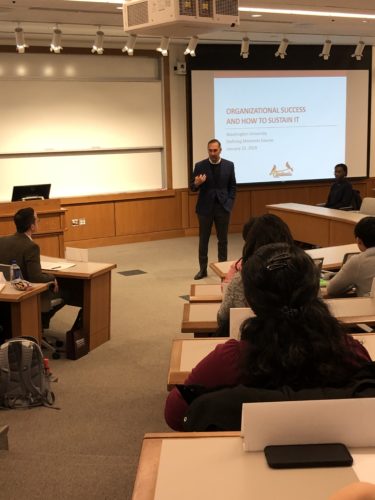
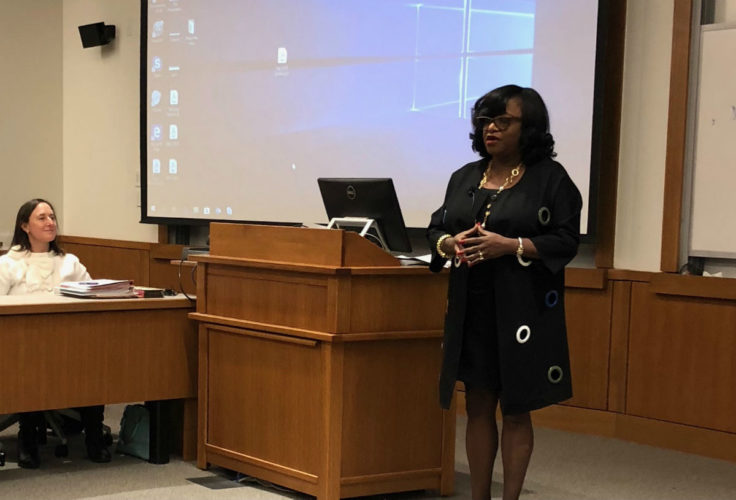

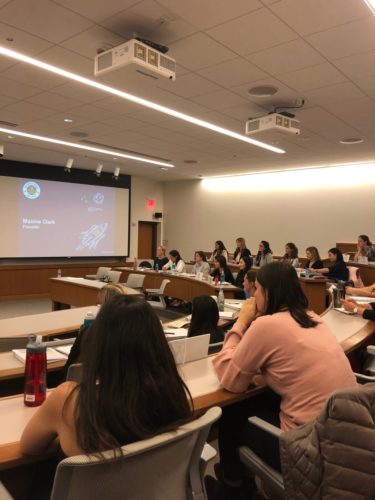 Know what you don’t know
Know what you don’t know

